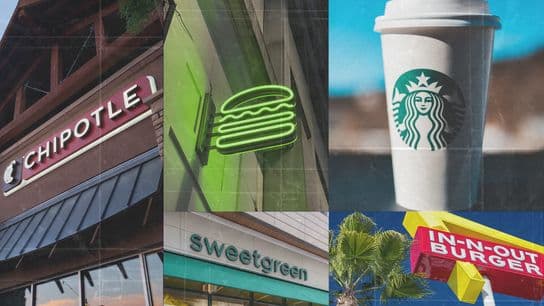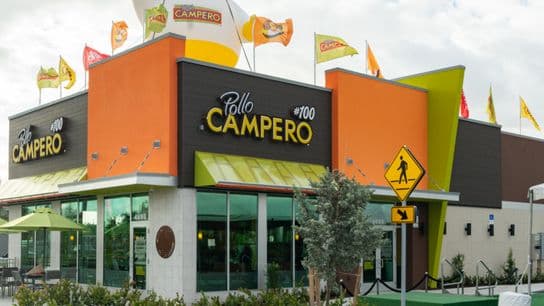Demystifying Franchising: Joining a Franchise System Means Automatic Success
Franchising experts Steve Beagelman and Rick Robinson explain why being an active member in the industry—on both the franchisee and franchisor sides—requires hard work.
The franchising industry is a lot larger than many consumers might realize. It isn’t limited to fast food chains like McDonald’s—there are a ton of different brands fighting for customers in their own unique spaces.
Because people are often unfamiliar with the ins and outs of the industry, there are many misconceptions surrounding how franchising actually works. One of the biggest myths is that it guarantees automatic success—some prospective business owners believe that once they ink a franchise deal, they’ll start raking in money. But simply signing on to develop a location for a recognized brand name isn’t going to make an individual business successful.
“Just because you open up your own franchise doesn’t mean that you’re automatically going to experience the same success that the brand may be familiar with on the national level. You need to take your own steps in order to get your business off the ground, from marketing and targeting new customers to managing daily operations. Those things don’t come naturally, even when you’re a part of a proven system,” said Steve Beagelman, president and CEO of SMB Franchise Advisors*.
There isn’t a secret ingredient or quick fix to launching a successful franchise. Rick Robinson, founder and president of Services4Franchising, says that the industry’s model requires the same amount of effort that goes into opening every other type of business.
“It’s true that the franchising industry has a much higher success rate than other business models. That’s because being a part of a proven system comes with a lot of perks—franchisors offer their local owners extensive corporate support and best practices that have been proven successful time and time again,” Robinson said. “But that doesn’t mean there isn’t hard work involved. Like any business, you need to do your due diligence in order to see a profitable return.”
That misconception isn’t just common among franchisees—it’s also evident among franchisors. When a brand decides to expand through franchising, there’s often the notion that entrepreneurs will immediately share their vision and be eager to come on board. But in order to build a strong reputation and establish a recognized presence, franchisors need to prove that their concept is unique and in demand. That means marketing campaigns and doing everything it takes to get the brand name out there.
Beagelman believes this myth of automatic success continues to survive in franchising because people aren’t educated about what truly makes the industry tick.
“It’s absolutely essential for prospective franchisees to know what they’re getting themselves into before they sign on the dotted line. If they want to be successful, they have to follow the systems and processes that their brand has in place. At its core, that’s the key that makes franchising work,” said Beagelman.
*This brand is a paid partner of 1851 Franchise. For more information on paid partnerships please click here.













